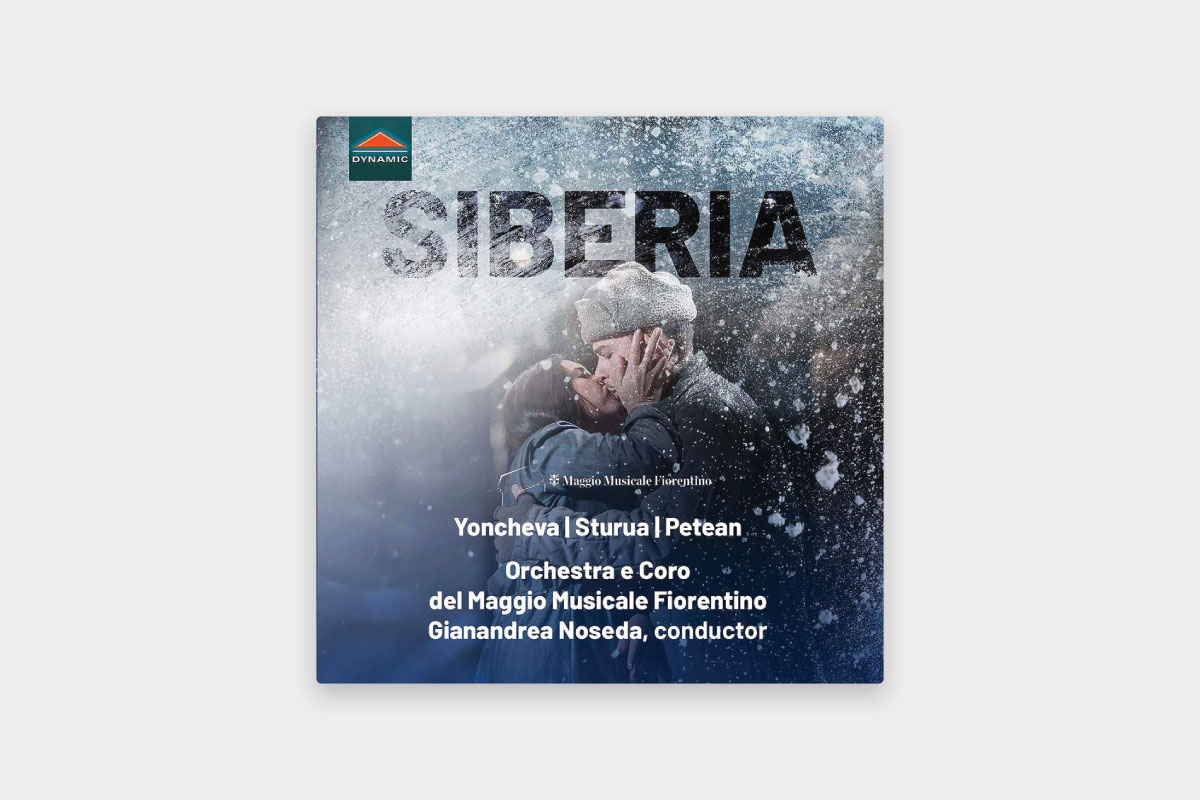Umberto Giordano’s Siberia, based on an original idea by Puccini’s great librettist Luigi Illica, is a bit of an operatic sleeper. It may lack the consistent melodic memorability of Andrea Chénier (1896) or the sheer bodice-ripping passion of Fedora (1898), but it has a fine score and an intriguing plot, even if the composer’s determination to throw out much of his librettist’s contextualising historical detail leaves the storyline feeling a little thinly spread.

Its central conceit – cossetted courtesan abandons life of luxury to follow impoverished lover into exile in Siberia – owes something to Tolstoy’s Resurrection or Dostoyevsky’s From the House of the Dead. The lively score includes balalaikas, quotes from Tchaikovsky’s 1812 Overture and orthodox-sounding hymn tunes. It also riffs repeatedly on the famous Song of the Volga Boatmen. For all its Russian colour, however, at its heart is a common enough operatic trope: woman of questionable morals seeks redemption but, of course, pays the price and...










Comments
Log in to join the conversation.